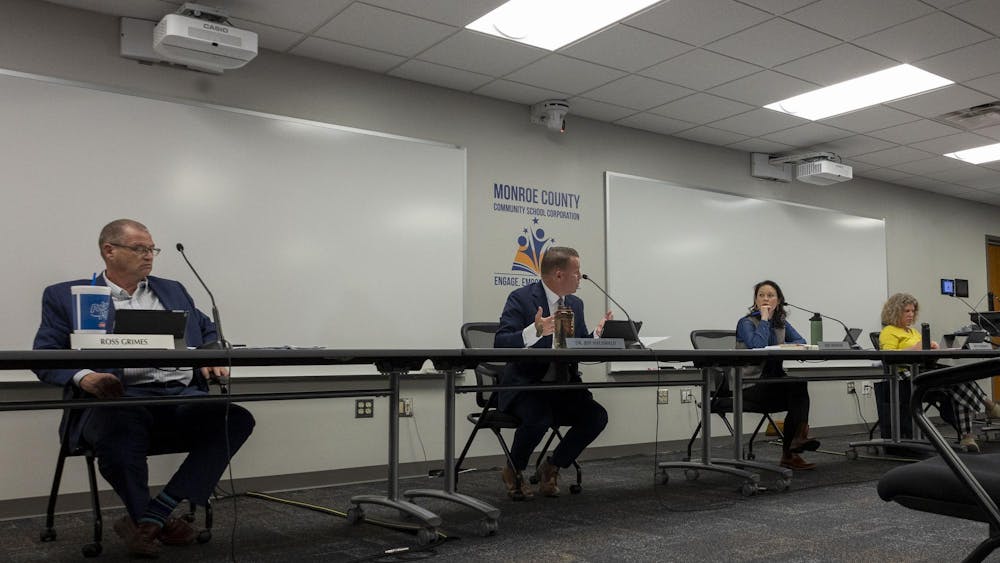That’s the amount of time a victim of sexual assault or rape in the state of Indiana has to charge an offender before the case legally has to be thrown out.
A new piece of legislation just cleared the Indiana House of Representatives on Tuesday that provides victims of rape and sexual assault with an extension in the amount of time legally available to prosecute offenders.
Senate Bill 94, which was authored by Indiana Sens. Michael Crider,R-Greenfield; Ed Charbonneau, R-Valparaiso; and Brent Steele, R-Bedford, would increase the current statute of limitation in instances of rape under certain ?circumstances.
A statute of limitation is a law that prohibits prosecutors from charging an individual with a crime outside of a specified period of time. The aim of these kinds of laws is to ensure convictions can only be made using evidence that has not deteriorated with time.
The statute of limitations in instances of rape would be extended an additional five years if the state first discovers DNA evidence that is sufficient enough to charge an offender or if a person confesses to an offense.
The bill passed unanimously in the House with a vote of 97-0.
Crider authored the bill with the intention of offering a sense of peace to victims of sexual crimes.
“My bill will extend the statute of limitations by an additional five years if there is a confession, or if new DNA evidence is identified,” Crider said in a press release. “My hope is that this legislation will not only give victims of these types of crimes some closure, but the opportunity for justice, which does not exist if the facts come forward outside the current five-year statute of limitation.”
In Indiana the current laws state that for Class B, Class C or Class D felonies, charges for an incidence of rape cannot be filed more than five years after the alleged incident occurred.
Rape becomes a Class B, Class C or Class D felony if an offender knowingly has sexual intercourse with another person without the victim giving his or her explicit consent.
Indiana Rep. Christina Hale, D-Indianapolis, proposed an amendment to the legislation Monday while the bill was open for debate in the House. Her goal was to protect victims whose perpetrators might have recorded or documented their rape.
“One very positive thing is that people are getting caught for these crimes today and they’re being prosecuted,” Hale said during her testimony. “But it’s also an awful fact that people are, in fact, documenting these crimes. I would suggest to you that in 10 or 20 years there will be people that find out that in dark places on the Internet ... their image or a video of them or parts of these crimes are being broadcast in ways that they never would have imagined.”
The amendment dictated that the five-year extension to the statute of limitation would be granted if “the state first becomes aware of the existence of a recording that provides evidence sufficient to charge the offender with the offense.”
Hale’s amendment was passed with a vote of 90-0, meaning the bill will return to the Indiana Senate for concurrence in the amendment before being sent to Gov. Mike Pence to be signed into law.
Indiana isn’t the only state that has restrictions on the statutes of limitation in instances of rape.
There are 19 states that have no statute of limitation in rape cases, but in the other 31 states and in Washington D.C., the statutes of limitation range anywhere from two to 20 years, some with various loopholes and exceptions that further complicate the ?process.





